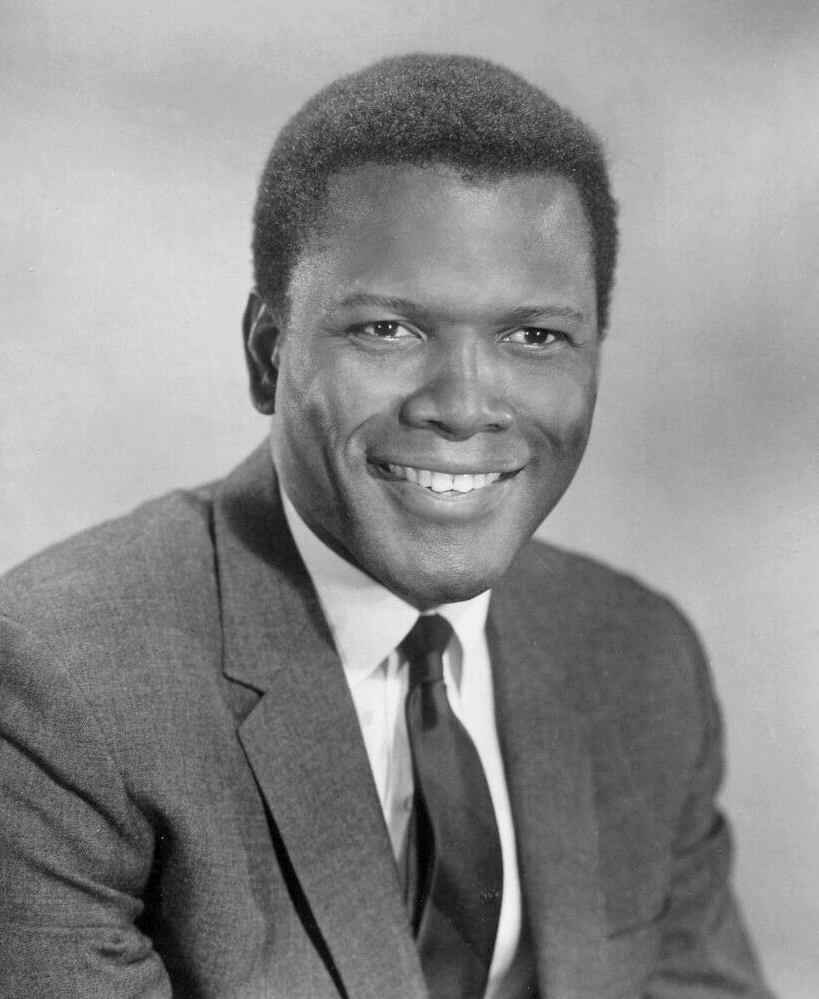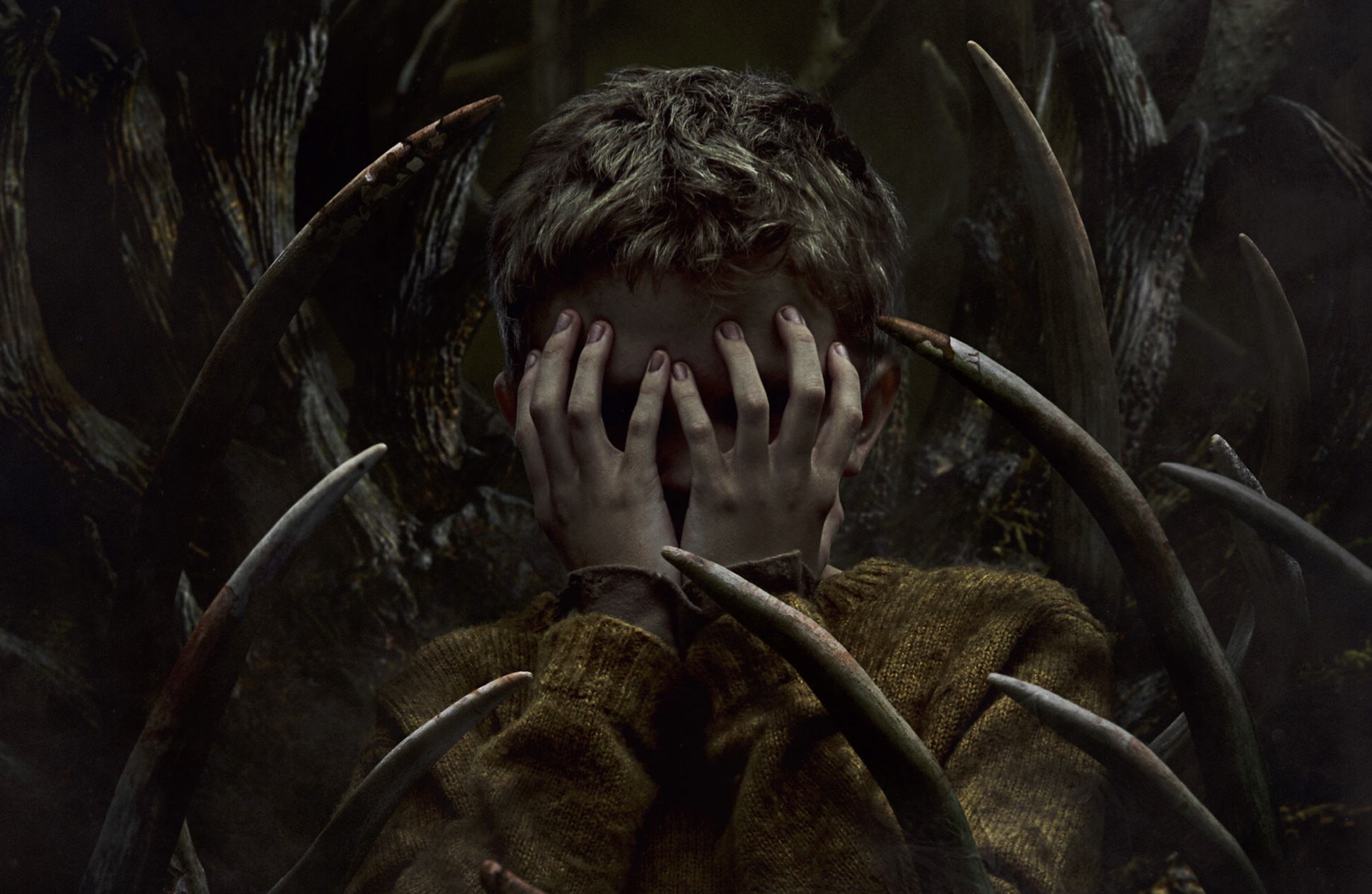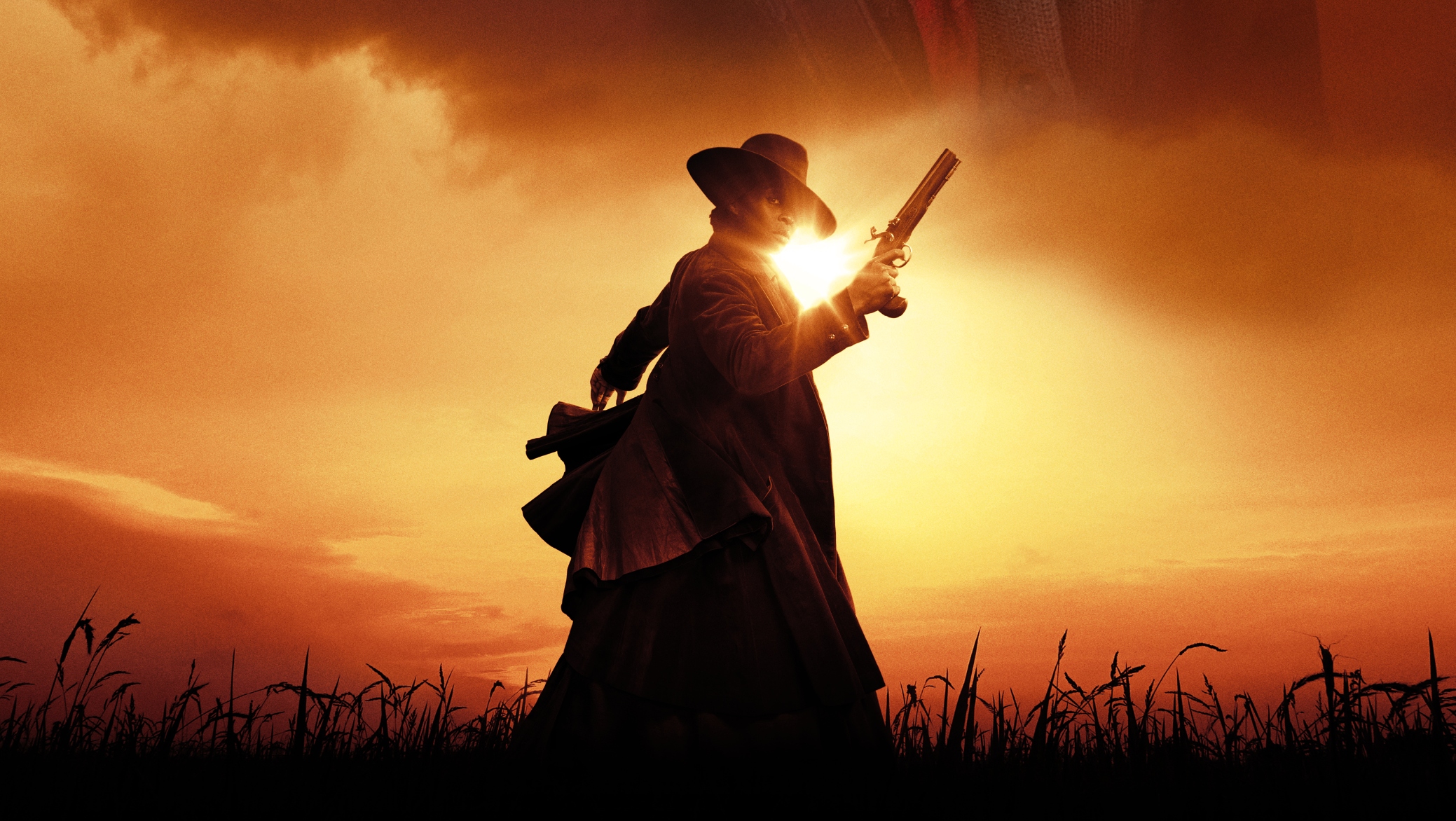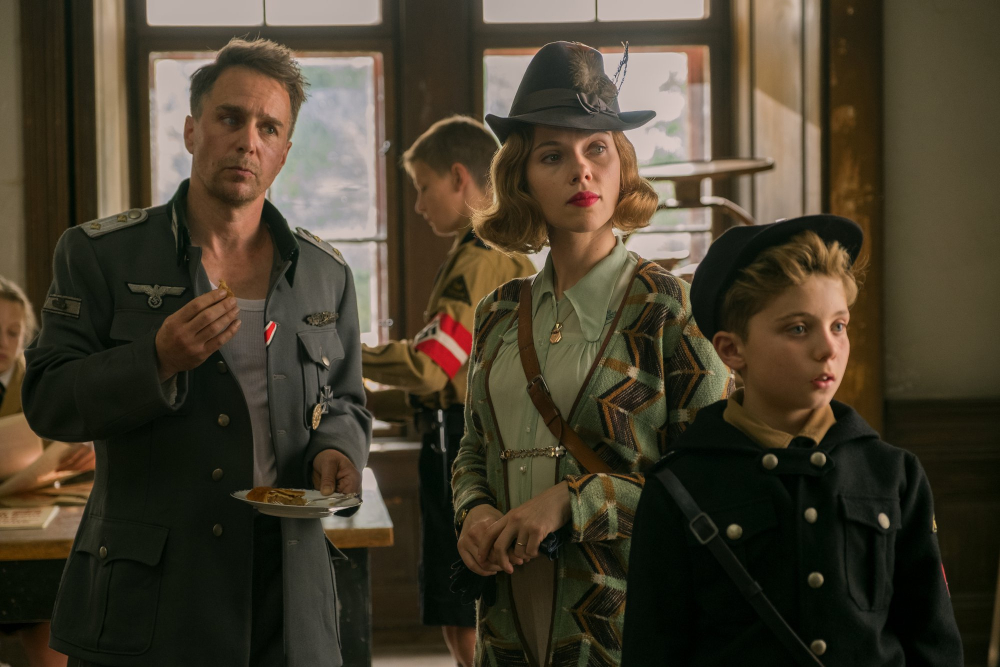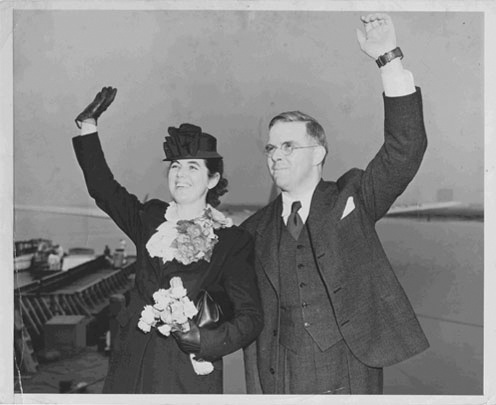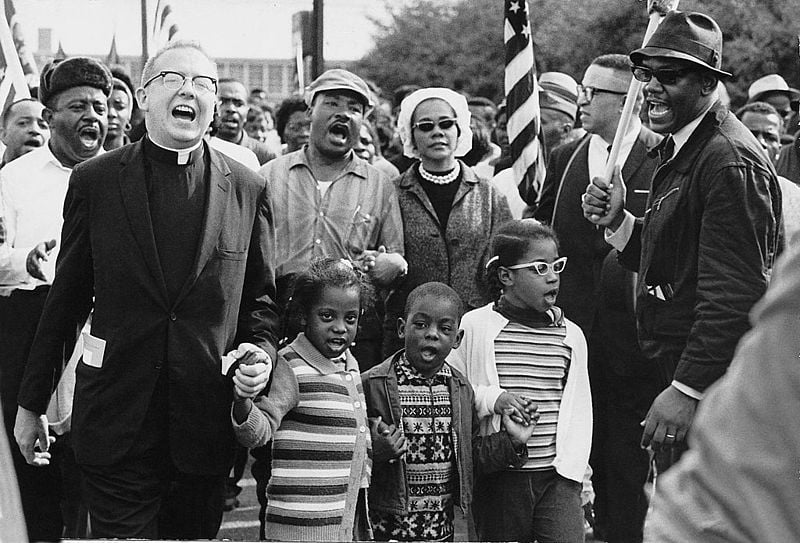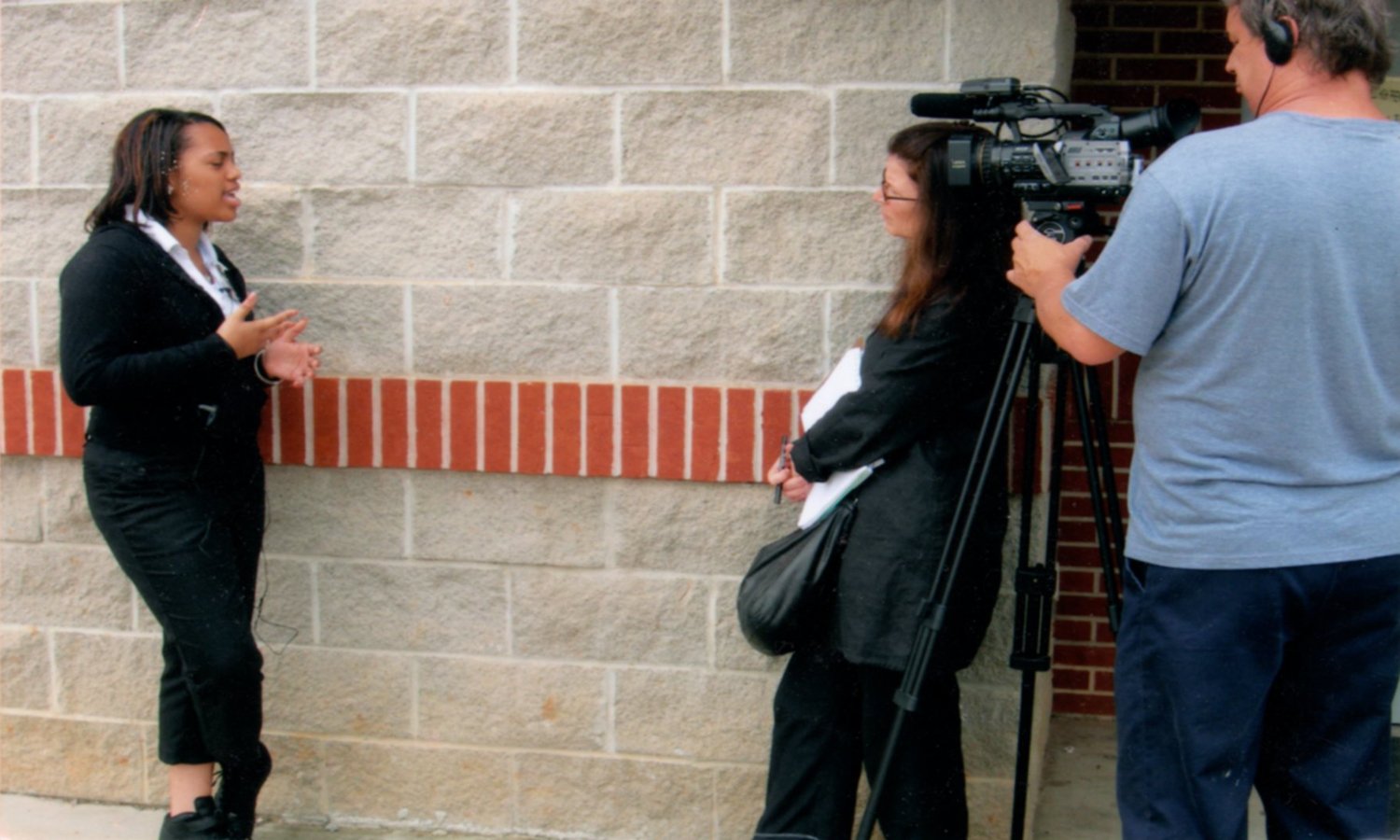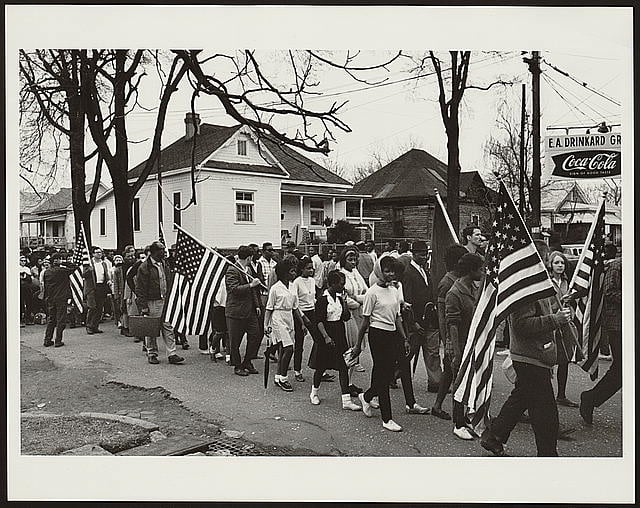In January, the nation stood still as we learned that renowned actor Sidney Poitier passed away at 94 years old. But his passing is not only significant to cinephiles but to anyone interested in grasping the arc of social change in the United States over the last 75 years. A pioneering Black actor, Poitier’s acting career broke significant barriers in entertainment through a series of singular performances, but his social impact reflects more than just his acting chops. Poitier was both an actor and an activist—and despite a mixed array of perspectives over the years on the ways that he represented Black people in film—he undoubtedly played a leading role in African Americans’ fight for civil rights and more positive media representations from the silver screen to the streets.
More Than Monsters: The Deeper Significance of Wendigo Stories
Posted by Kaitlin Smith on November 30, 2021
One does not need to delve very deeply into the annals of American film, television, and literature to find an array of caricatured depictions of Native American peoples and a distortion of their knowledge. One recurring theme across these storytelling mediums is the use of the “wendigo”—also spelled “wétiko”—a monstrous figure from Algonquian mythology who exhibits an insatiable greed along with a desire for human flesh. From Stephen King’s Pet Sematary to the television series Hanibal, the flesh-eating image of the wendigo is often presented apart from its original cultural contexts where it carries deep moral significance. The latest addition to this lineup of wendigo tales is Scott Cooper and Guillermo del Toro’s horror film Antlers (2021) in which a Native American character provides some brief exposition before the story centered around a white community contending with the monster begins in earnest. Though these misrepresentations of the wendigo beg for critical interrogation, the wendigo stories of Algonquian peoples offer a window into the endurance of cultural resources used to transmit significant moral values, and underscore the power of Native people using these stories to engage in social critique.
Topics: Film, Indigenous, Native Americans
Writer and director Kasi Lemmons’ film Harriet debuted in theaters in November, and is the first feature-length biopic on Harriet Tubman. And in an exciting recent development, lead actress Cynthia Erivo was nominated for Best Actress at the Academy Awards for her portrayal of the titular character. Yet for all of Erivo’s skill as an actress, the film and its nomination raise messy questions about how black women’s agency and roles in American society are imagined, depicted, and enforced.
Topics: Film, American History, Black History
Taika Waititi’s new film, Jojo Rabbit, has polarized both critics and audiences—and for good reason. Dubbed an “anti-hate satire,” the film tells the story of Johannes “Jojo” Betzler—a ten-year old German boy striving to find social belonging and direction as he comes of age during World War II. In the absence of his father who has gone off to war, Jojo relies heavily on the guidance of an imaginary friend who takes the form of Adolf Hiter—portrayed here by director Waititi, a Maori man of Jewish descent.
Topics: Film, Holocaust and Human Behaviour
Since 2000, the United Nations has championed International Youth Day as a time to bring young people’s issues to the attention of the international community, and “celebrat[e] the potential of youth as partners in today’s global society.” Though all young people face difficulties as they cross the threshold from childhood to adulthood, how they navigate the challenges of youth is shaped significantly by their identities, the histories that inform them, and the disparate contexts in which they live around the world. And the high degree of complexity can make it difficult for teachers to build empathy across divides.
The Making of Defying the Nazis: The Sharps' War
Posted by Facing History and Ourselves on September 20, 2016
Facing History is the lead educational partner for the film, Defying the Nazis: The Sharps’ War. Learn more about how this documentary became a lifelong journey for filmmaker Artemis Joukowsky, III.
Make sure to catch the premiere tonight on PBS. The film will be available for streaming for two weeks following the premiere.
Topics: Film, Memory, Holocaust, Judgement and Legacy
At Facing History, we love finding connections to our work everywhere, even in Star Wars. It turns out we aren’t the only one! Author Cass R. Sunstein shares an excerpt from his newly released book, The World According to Star Wars.
Raising Ethical Children: Discussing the Film "Selma" with Young People
Posted by Dr. Steven Becton on February 6, 2015
It can be so very difficult to discuss race with our children.
The conversation is particularly complex when it's about some of our nation's not-so-proud moments.Rather than face such moments head-on, sometimes we instead seek to protect our children (and even ourselves) from the pain and shame of the past, and so we often gloss over physical, emotional, and psychological suffering in history to get to a more palatable, less troubling version of those events. Moments like 1965 in Selma, Alabama, too quickly become "the victory of voting rights" rather than the painful history of a tired, yet determined, African American community that stood toe-to-toe against those who used terror, intimidation, and unjust laws to deny them opportunity to freely exercise the right to vote.
Topics: Civil Rights Movement, Film, Democracy, Voting Rights, Choosing to Participate, Selma, Raising Ethical Children, Civil Rights, History
New Documentary Explores "To Kill a Mockingbird"'s Enduring Appeal
Posted by Julia Rappaport on January 29, 2015
More than 55 years since its publication, Harper Lee's To Kill A Mockingbird still resonates. Filmmaker Sandra Jaffe grew up in Alabama, where the 1960 best-selling novel is set. In 2006, Jaffe set out to find out why the book remains so popular today.
Topics: To Kill a Mockingbird, Classrooms, Civil Rights Movement, Film, Student Voices, Choosing to Participate, Facing History Resources, Identity, Civil Rights
Reconsidering Selma: Teaching the Stories Behind a Pivotal Moment in History
Posted by Adam Strom on January 8, 2015
There are so many moments throughout history whose untold and overlooked stories make them much more fascinating than the versions that are typically taught or talked about in the classroom. The 1965 civil rights march from Selma, Alabama to Montgomery is one of those stories.
Topics: Civil Rights Movement, Film, Democracy, Voting Rights, Choosing to Participate, Selma, Facing History Resources, Teaching Resources, Video, Civil Rights, History

